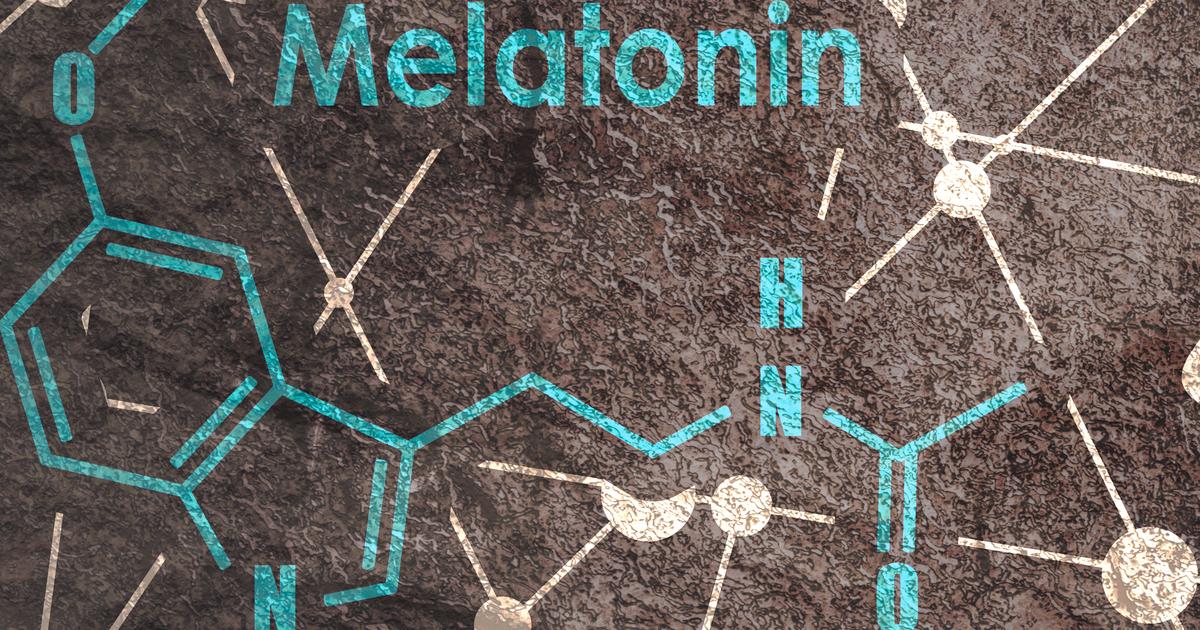What Is Melatonin?
Melatonin is a hormone manufactured by the pineal gland, a gland located in the middle of the brain. The hormone helps regulate the body's circadian rhythm (sleep-wake cycle). Melatonin levels increase after sunset, and they remain elevated overnight. They decrease sharply around sunrise, and this causes individuals to wake from sleep. Melatonin supplements are available in tablet, liquid, and gummy formulations.
Melatonin is often used as a natural sleep aid. Timed-release supplements can help patients stay asleep through the night. Quick-release melatonin makes it easier to fall asleep. Insomnia treatment can include some melatonin. In some instances, melatonin for sleep may replace traditional sleep medications.
How It Works

Melatonin is a fat-soluble hormone synthesized from tryptophan, an amino acid. It sends signals to the brain's receptor agonist, and binds to receptors that reduce nerve activity. Research shows it can reduce dopamine, a hormone that helps patients stay awake. Studies indicate that melatonin is also involved in regulating body temperature and blood pressure. While the exact manner in which melatonin works is currently unclear, researchers believe its involvement in regulating body temperature, blood pressure, and reducing nerve activity could be responsible for its ability to promote sleep and relaxation. Ongoing research is being conducted to discover more about how this occurs.
Learn about the uses for melatonin next.
Uses For Melatonin

Melatonin supplements are commonly used as sleep aids to reduce insomnia and jet lag. Studies suggest the supplements can improve sleep duration and reduce the amount of time it takes for a patient to fall asleep. They may also improve the quality of their sleep. In studies of individuals with jet lag, melatonin supplements have shown the potential to prevent shifts in sleeping and waking times as well. Additional research suggests melatonin supplements may be beneficial for the relief of migraines and cluster headaches. A study from 2014 reported that tinnitus patients who used melatonin supplements had improvements in their symptoms.
Researchers believe the supplements could be useful in slowing cognitive decline associated with Alzheimer's disease. Patients with cancer may wish to ask their oncology team about whether melatonin could support their treatment. While the exact mechanism is unclear, some small studies suggest melatonin could help keep cancer from starting and advancing. In addition, research published in 2017 discovered melatonin supplements could improve how a tumor responds to the radiation therapy used in cancer treatment.
Read about the potential side effects linked to melatonin next.
